Our solutions for sick building syndrome
Mould Solutions for Healthy Buildings
Mould:
The Causes, Consequences and Solutions
Mould is a common and serious problem affecting homes, workplaces and public buildings. Often found in damp or poorly ventilated spaces, it can lead to unsightly damage and, more importantly, have a significant impact on human health.
At Anglo Nordic, we offer proven solutions to combat the conditions that allow black mould to thrive. Our advanced lighting solutions and air recirculation units are designed to break the mould growth cycle by tackling airborne spores and improving air quality. Combined with effective moisture, thermal and ventilation management, these technologies help create healthier indoor environments.
The types of mould
Mould comes in many forms, and certain types are more common than others. The good news is that our solutions address all types of mould. Here, you can find out about the most common types:
Commonly known as toxic black mould, Stachybotrys chartarum is one of the most concerning types of mould found in buildings. It typically appears as dark green or black patches with a slimy texture. This mould thrives on materials rich in cellulose, such as wood, plasterboard, and paper, especially in persistently damp areas. It is associated with poor indoor air quality and can contribute to respiratory problems and other health issues.
Aspergillus is a widespread mould that frequently appears indoors. It can be found in household dust, damp walls, insulation materials, and heating or ventilation systems. While some species of Aspergillus are relatively harmless, others can trigger allergic reactions or cause lung infections, particularly in individuals with weakened immune systems.
Cladosporium is another mould commonly present in buildings. It tends to appear as olive-green, brown, or black patches and grows on a variety of surfaces, including wood, textiles, and damp walls. Exposure to Cladosporium spores may lead to asthma symptoms or other allergic reactions.
Known for its rapid spread, Penicillium is a blue-green or green mould that commonly grows on wallpaper, carpets, insulation, and even mattresses. In addition to being unsightly, it can affect indoor air quality and is known to cause respiratory irritation and allergic responses.
Alternaria tends to thrive in areas with persistent dampness such as bathrooms, kitchens, and underneath sinks. It typically appears as dark green or brown with a velvety texture. This mould is a strong allergen and has been linked to respiratory conditions such as asthma and hay fever.
The Key Facts
Mould can develop in any building where the right conditions exist — and once it takes hold, it can be difficult to remove. Understanding the key drivers of mould, the risks it creates, and the practical solutions available is vital for anyone involved in managing buildings. The following sections outline the essential facts you need to know — from your legal responsibilities to the causes of mould and how our technology can help you create healthier indoor environments.
1
The Law Surrounding Mould (Awaab’s Law)
In response to high-profile cases such as the tragic death of Awaab Ishak, Awaab’s Law was introduced in the UK to enforce stricter legal requirements for dealing with damp and mould in social housing.
Under this legislation, landlords must now investigate and fix reported damp and mould issues within defined timeframes. Failure to act promptly could result in legal penalties and serious health risks for tenants.
Property owners and managers must therefore be proactive in preventing mould growth, not just reacting to it. Anglo Nordic’s solutions can form part of a long-term compliance and prevention strategy.
2
The Causes: Moisture
Excess moisture is the most common trigger for mould growth. Common sources include:
Condensation from poorly insulated walls and windows
Leaks from plumbing or roofing
High humidity in kitchens, bathrooms and basements
Without controlling moisture levels, no mould treatment will be effective. We recommend integrating moisture management systems with Anglo Nordic’s mould prevention technologies.
3
The Causes: Thermal
Cold surfaces promote condensation and provide ideal conditions for mould. Poor thermal performance of building materials is often to blame.
By improving thermal balance and avoiding cold spots, you can disrupt the conditions black mould needs to grow.
4
The Causes: Ventilation
Inadequate ventilation allows humidity to build up indoors. Without a constant flow of fresh air, moisture levels rise — increasing the risk of mould growth.
Properly designed ventilation systems, in combination with air circulation units, help maintain healthier humidity levels and discourage mould formation.
5
The Consequences: Symptoms
Mould is not just unsightly — it is a health hazard. Exposure to mould spores can cause:
Respiratory issues (coughing, wheezing, shortness of breath)
Asthma flare-ups
Skin irritation
Eye and throat discomfort
Fatigue and headaches
Vulnerable individuals, such as children, the elderly, and those with compromised immune systems, are particularly at risk.
Our solutions and products
Our mould prevention solutions are designed to work alongside effective building management to break the cycle of mould growth.
Sanitise the air and surfaces

The Domus A60
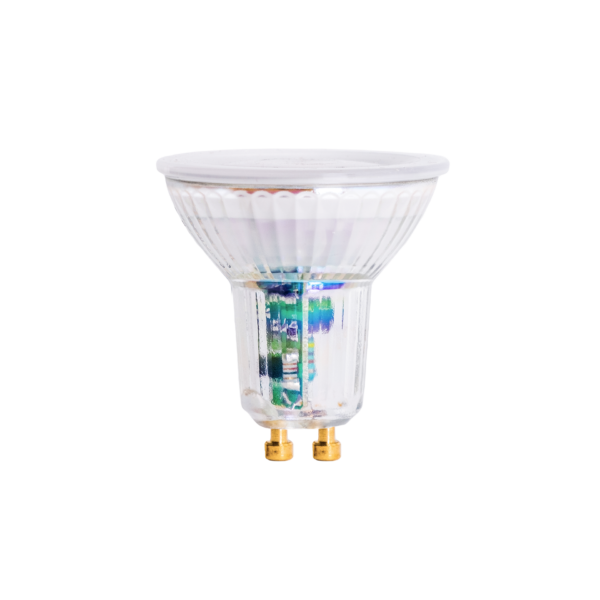
The GU-10

The Downlight
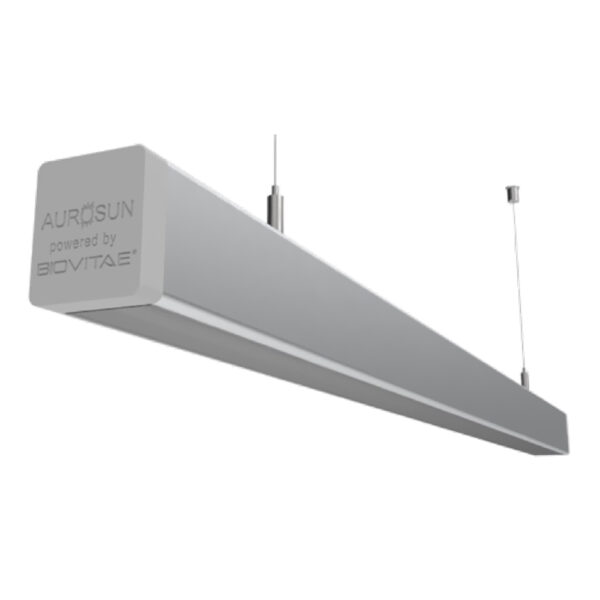
The Tri-Proof

The Panel

The Tube
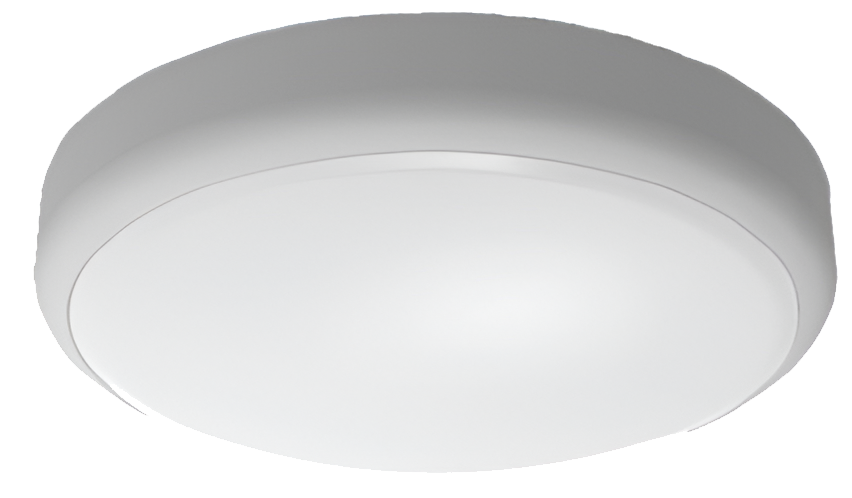
The Bathroom IP65
Change the air
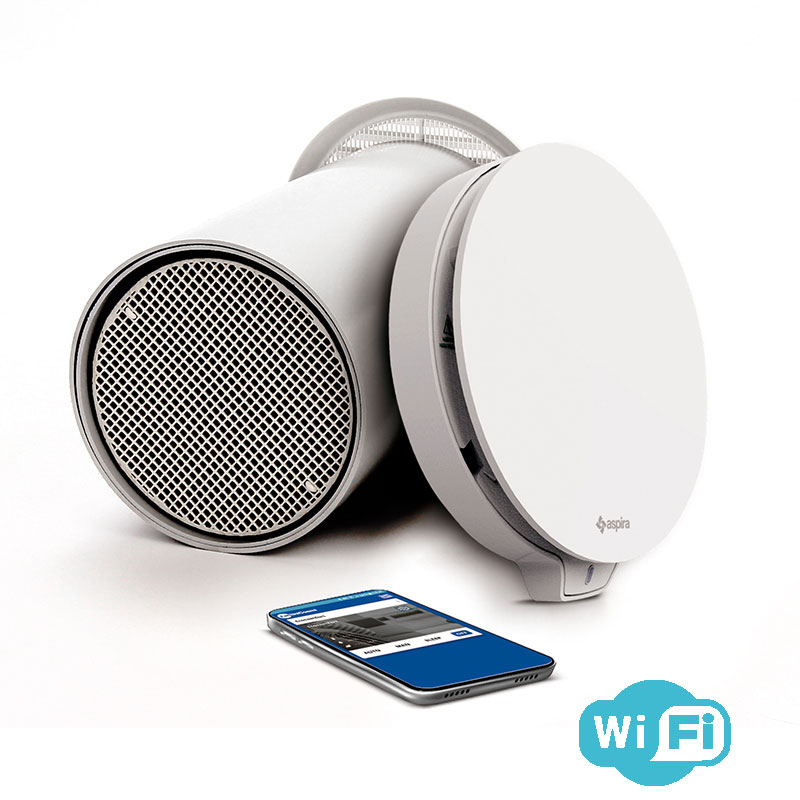
The EcoComfort Smart 2.0

The Ghost Unit
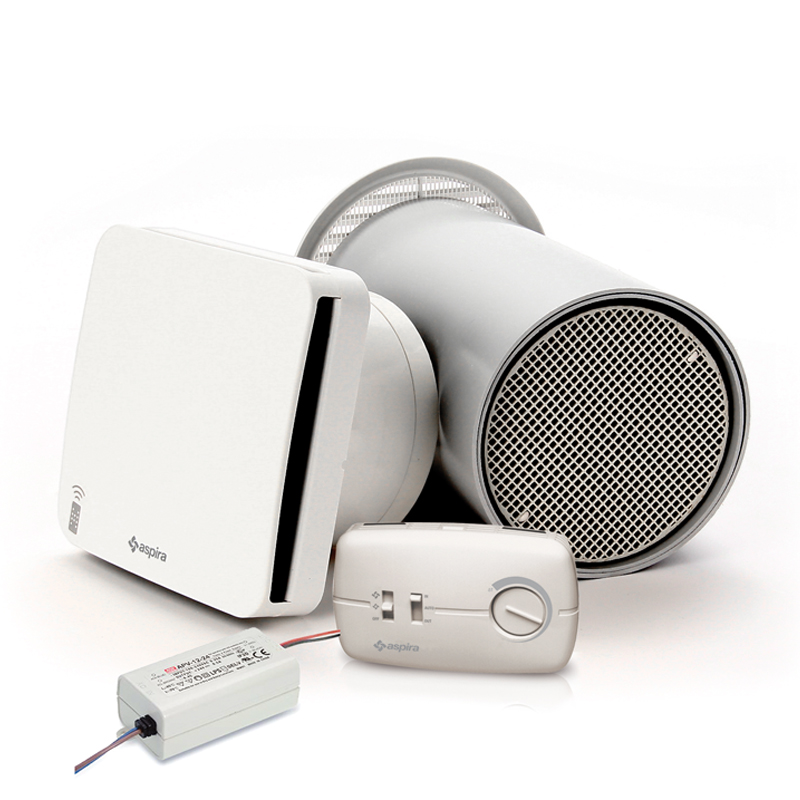
The EcoComfort Air
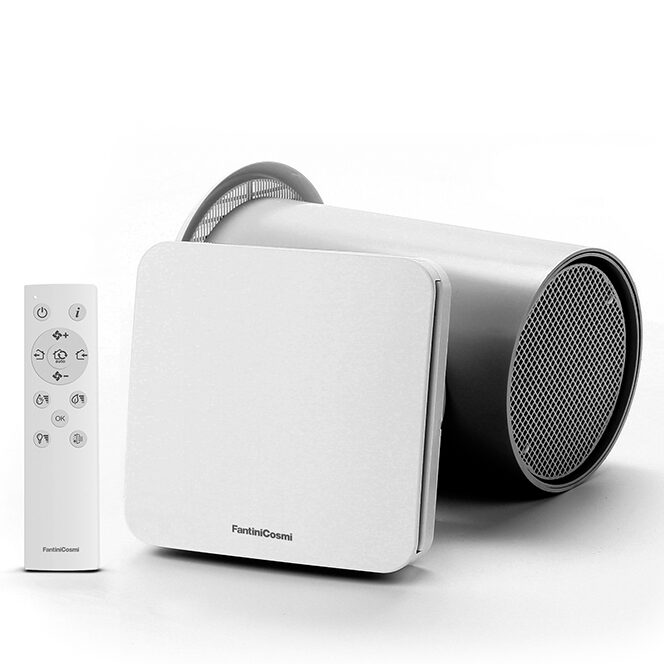
The EcoComfort Plus

The RhinoComfort
Applications
Where they work
Social Housing
Care Homes
Student Accomodation
So why not talk to us about mould solutions for Healthy Buildings
If you’d like to find out more about our approach and talk to use about our air quality solutions please do get in touch.
